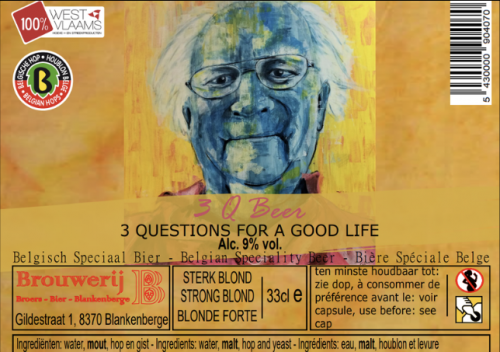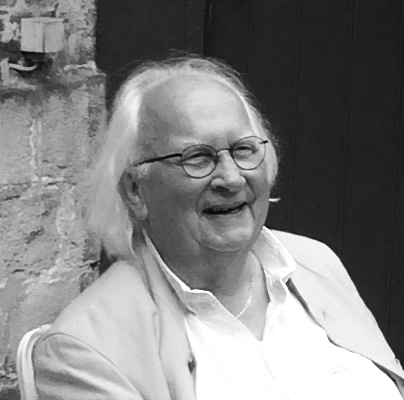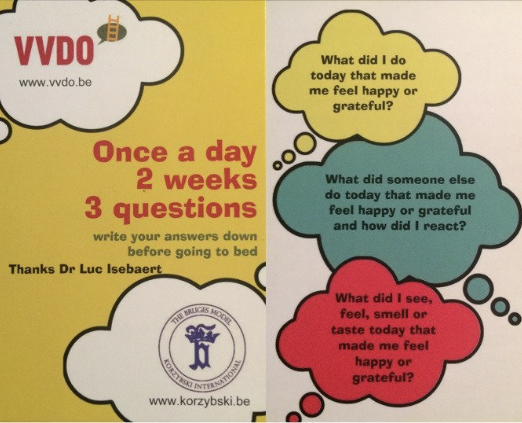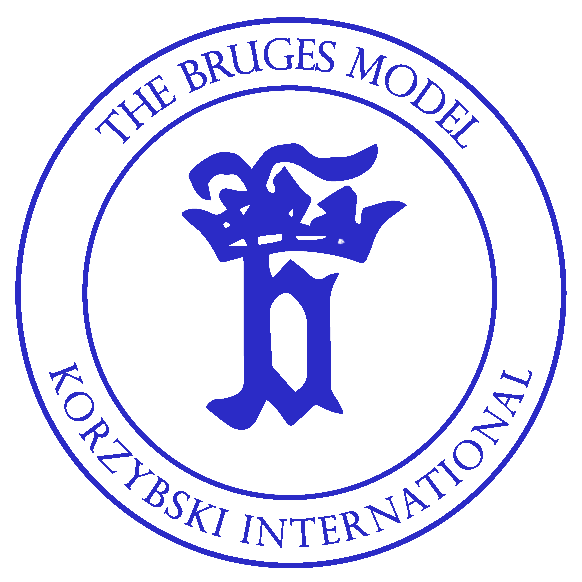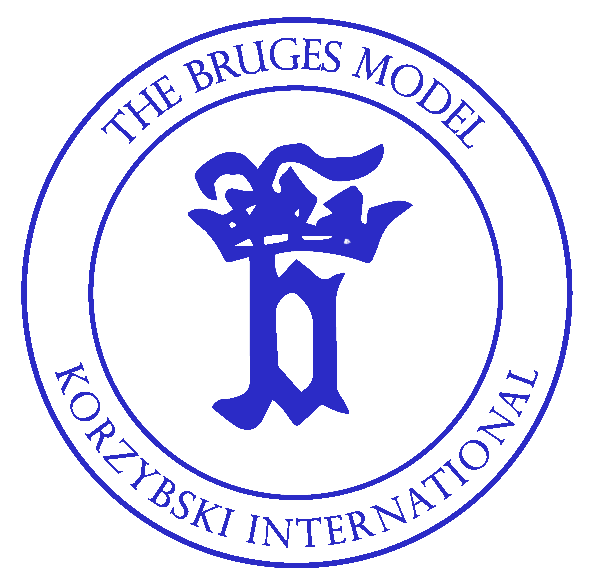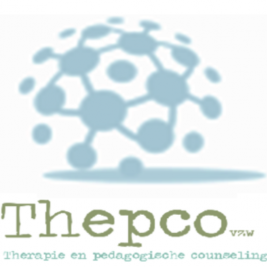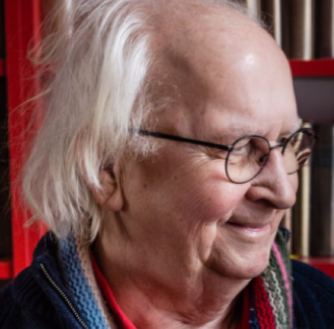ABOUT 3QBEER
3Q BEER has been passionately developed to become an exclusive brew. A 9° Tripel with a character of its own, Belgian and open minded, a hearty beer with just a subtle bitterness and a hint of sweetness.
3Q BEER has been developed as a tribute to Dr. Luc Isebaert.
Dr Isebaert passed away in 2019, leaving the Solution Focused World with a vast set of views, phylosophical insights, techniques, ideas and inspirations. An authentic thinker, he was one of the original pioneers of Solution Focused work and together with Steve De Shazer and Insoo Kim Berg one of the most ardent developers and promoters of the model. His ‘Bruges Model’ for Solution Focused Cognitive Systemic Therapy and the Korzybski Institute are but some of his legacies. The three questions for a good life, being one of the most accessible and humble techniques of this ‘bon vivant’ son of a Flemish brewer family, 3Q BEER seemed an appropriate tribute for this generous man.
Enjoy the beer, the questions and the spirit of Luc.
GET TO KNOW
The inspiration behind 3QBEER
The story and partners of 3QBEER
At the 2017 SF World conference in Frankfurt I joined a small group, the then “International taskforce” gathered and the idea of a solution-focused world day was launched. The date would be the 3rd of May in memory of the acceptance for publication of Steve De Shazer’s article: “The death of Resistance” on May 3’d 1983.
The following year a Belgian group with VVDO, Korzybski and Ilfaro joined efforts for the celebration of this SFworld day.
With my non-profit organization, Thepco vzw I launched a small social media campaign promoting the “Three questions on three May” idea and it boomed with thousands of shares, likes and hits, and many translations in different languages.
An idea for the next edition was beer coasters with the three questions.
Although why stop at beer coasters when you have a couple of passionate and talented brewers living in your town.
I got in touch with Jan and Pieter from Brouwerij B and the result, after of course, a diligent process of tasting and judging is 3q beer.
Sebastien Vernieuwe
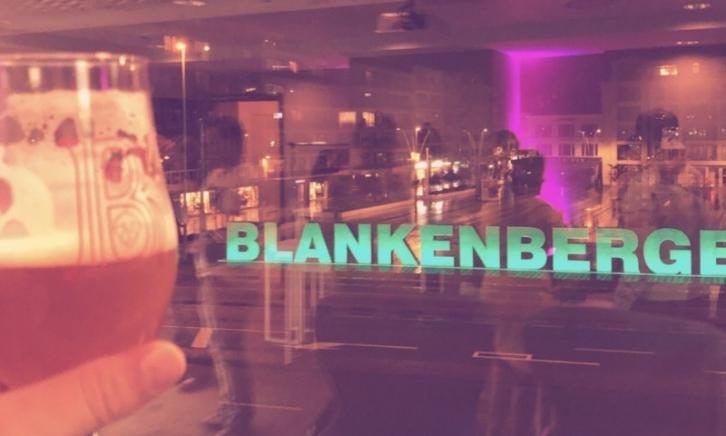
HOW TO BUY
shop Brouwerij BDr. Luc Isebaert
Luc Isebaert (Zwevezele, 22 May 1941 – Ostend, 30 September 2019) was a Belgian neuropsychiatrist ,psychotherapist and world authority on Solution-Focused therapy. He obtained his doctorate in 1966 from the Faculty of Medicine of the KU Leuven. He was the founder and inspirer of the Korzybski Institute for Solution-Focused Therapy and of the Bruges Model for Brief Therapy. He was also a founding member of several national and international professional associations (EBTA, IASTI, Erickson Insitute Antwerp, AERTS, AFACC). He is considered one of the greatest authorities in the world of solution-focused therapy. His “Three Questions for a Good Life” are known all over the world.
THE THREE QUESTIONS
I was reading Epicure at the time.
Most of Epicure’s writings are lost to us. But enough survives to give us a general idea of his
thinking. For him, philosophy was useless if it did not help us to be happy.
And the conditions for happiness were two:
– We can be happy if we do things that we can be satisfied with (that is, if we practice
habits that are congruent with our personal morals, our existential choices;
– And we can be happy if we can be content with what we have.
It seemed to me that this was precisely what these patients lacked: they had lost their
existential perspectives.
So I formulated the
Three Questions for a Happy Life:
1. What did I do that I am happy with? (That I am satisfied with?)
2. What did someone else do that I am happy with, or that I am grateful for? And: did in
react in a positive way (i.e. in such a way that this person might do something like that again)?
3. What do I see around me, what do I hear, feel, smell, taste that I am happy with or
grateful for?
These three questions proved to be a hit. We had them printed on little cards and clients
snapped them up, posted them on their refrigerator, reflected two or threeminutes on them and felt good.
From “Solution Focused Cognitive and Systemic Therapy” (Routledge 2017)
Dr. Luc Isebaert
